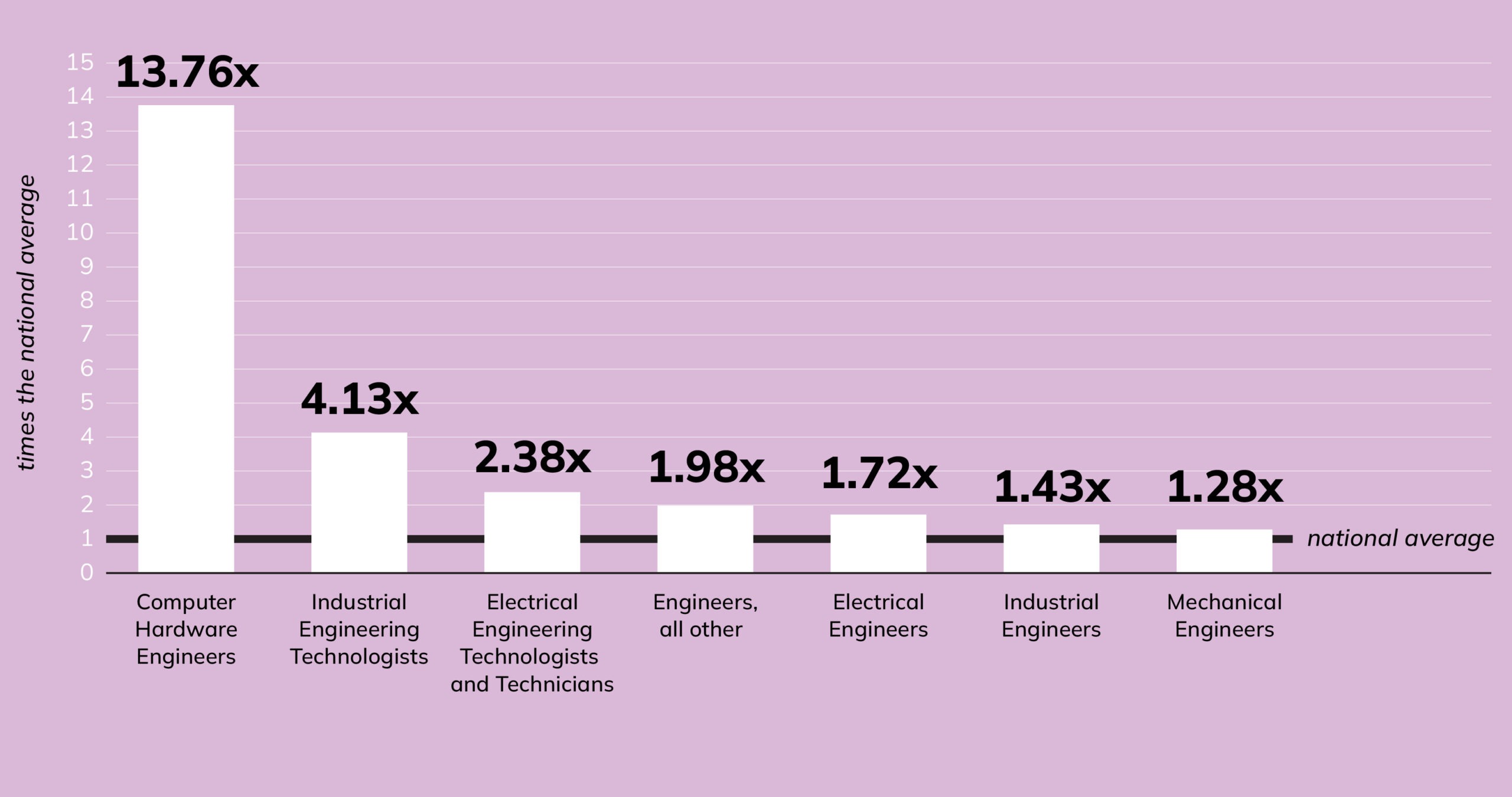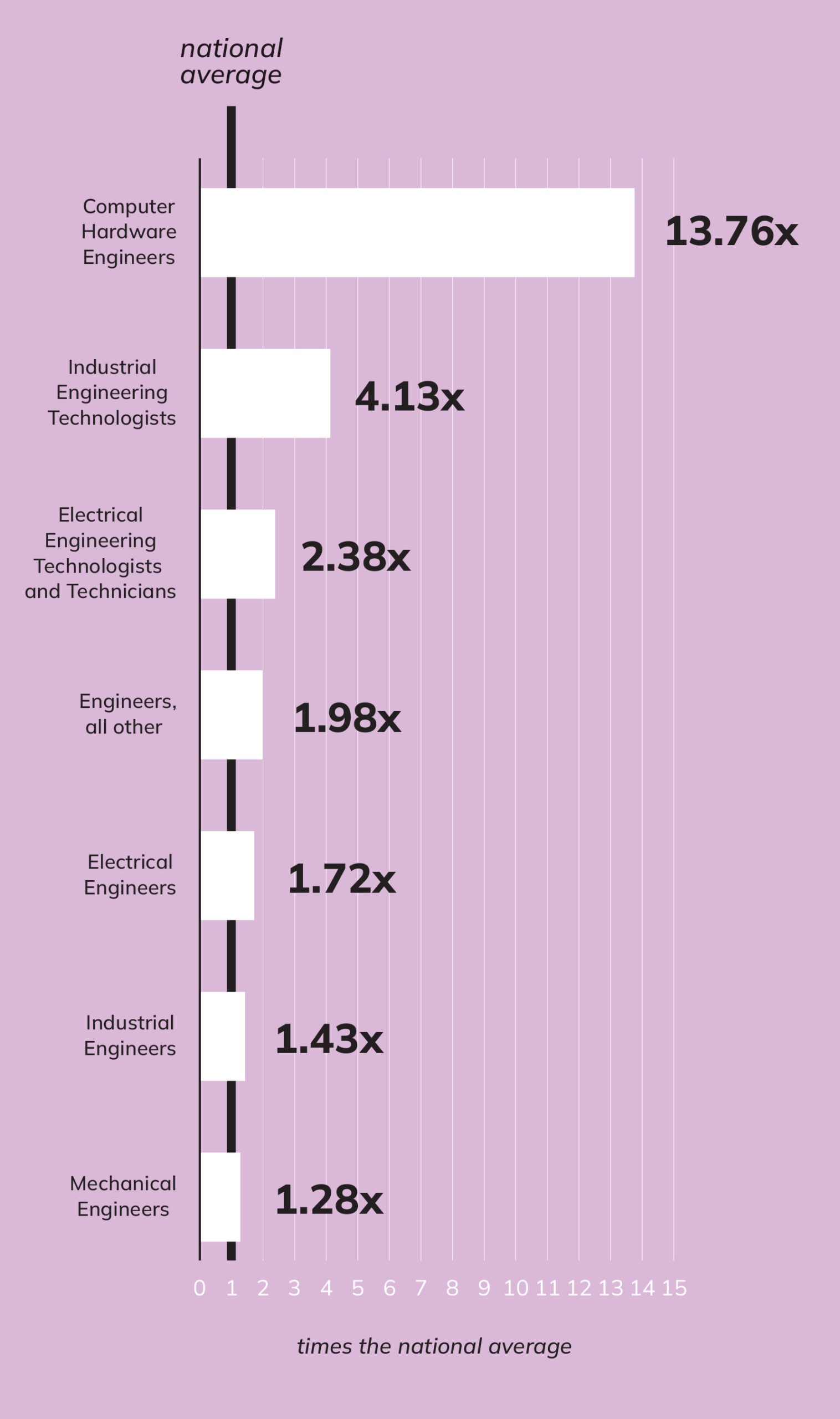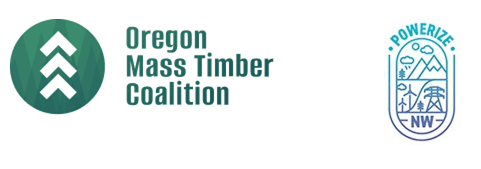.
.
.
.
THE
FUTURE
STARTS
HERE.
.
.
.
.
THE FUTURE STARTS HERE.
THE FUTURE STARTS HERE.


With deep roots in sustainability, a culture that values bold ideas, and a community that shows up for what matters, Portland offers something few cities can: the perfect intersection of purpose, progress, and people.
It’s big enough to draw top talent and serious investment, yet small enough to remain connected, collaborative, and deeply human. And with the Pacific Northwest in our backyard, the quality of life is not just unmatched; it’s part of what fuels the work.
With deep roots in sustainability, a culture that values bold ideas, and a community that shows up for what matters, Portland offers something few cities can: the perfect intersection of purpose, progress, and people.
It’s big enough to draw top talent and serious investment, yet small enough to remain connected, collaborative, and deeply human. And with the Pacific Northwest in our backyard, the quality of life is not just unmatched; it’s part of what fuels the work.
Portland has an unmatched ecosystem of companies solving climate and environmental challenges.
Market Leaders: Top Industries
Our competitive industries all contain market leaders that are driving sustainability and industry-specific climate solutions. As a result, we have a rich network of companies and service providers that are crafting unique solutions that meet the needs of a diverse set of industries.
CLEAN TECH
2x
Twice the number of scientists compared to rest of the U.S.

APPAREL &
OUTDOOR
#1
Number one in footwear patents in the United States

COMPUTER &
ELECTRONICS
15x
Fifteen times the amount of computer & electronics talent as rest of the U.S.

METALS &
MACHINERY
4x
Four times industry concentration compared to national average

Talent: Engineering & Technical
Portlanders are highly skilled and prioritize working for companies that reflect their values. Greater Portland has a higher concentration of engineers and technicians compared to the rest of the country, due in large part to a high clustering of engineering firms across multiple industries.
53%
of Portlanders have a Bachelor’s Degree or higher, compared to the national average of 33%.
#7
among the top 50 major cities in the U.S. for residents with a graduate degree
Occupations compared to national average

53%
of Portlanders have a Bachelor’s Degree or higher, compared to the national average of 33%.
#7
among the top 50 major cities in the U.S. for residents with a graduate degree
Occupations compared to national average

Market Transformational Climate Policy
Proximity to west coast markets leading on climate policy
Utility engagement (PGE, Pacific Power)
100% clean energy mandate for IOU’s by 2040
Oregon ranked 4th in U.S. for most climate focused transportation policies and funding
Strong desire to further public/private partnerships to advance climate goals
Oregon and Portland are members of the Pacific Coast Collaborative (PCC), an entity that facilitates sharing best practices on climate policy among cities and states on the West Coast of North America. Portland is situated in the middle of the four-member regions (British Columbia, Washington, Oregon, and California) that together are equivalent to the fourth largest economy in the world. The jurisdictions that comprise the PCC are on the leading edge of advancing market transformational climate policy in North America.
As the most affordable major city on the West Coast, companies in Portland benefit from lower cost, better livability and proximity to key West Coast markets that drive demand for clean tech solutions.
Oregon has the second cleanest grid in the country, with a 100% clean energy mandate for its investor-owned utilities by 2040. Oregon has also been ranked fourth in the country for having the most climate-focused transportation policies and funding. Each legislative session in Oregon has seen an increasing number of legislative actions on climate issues as the state responds to the urgency of the climate crisis and the need to transform critical sectors of our economy.
A Collaborative Living Lab
Portland has a long history of public-private partnerships to advance climate solutions. A collaborative group of architects, engineers, urban planners, and civic activists were instrumental to Portland’s early national leadership in adopting green building practices and policies in the 1990’s and early 2000’s. Today, our collaborative spirit continues in many more areas of the climate tech economy. The Oregon Mass Timber Coalition and Powerize NW Consortium are federally funded, multi-sector coalitions dedicated to advancing industries in mass timber and grid technology, respectively.
Our tradition of place-based learning labs continues in projects such as Daimler Truck North America’s Electric Island, Port of Portland’s Terminal 2 Mass Timber campus, and the OMSI District. A growing number of local coalitions are facilitating local expertise to advance sectors of climate tech nationally and internationally. From Battery Energy Storage Systems (BESS) to mass timber to offshore wind, the next generation of industry focus areas are building on Portland’s natural strengths in these subsectors.

